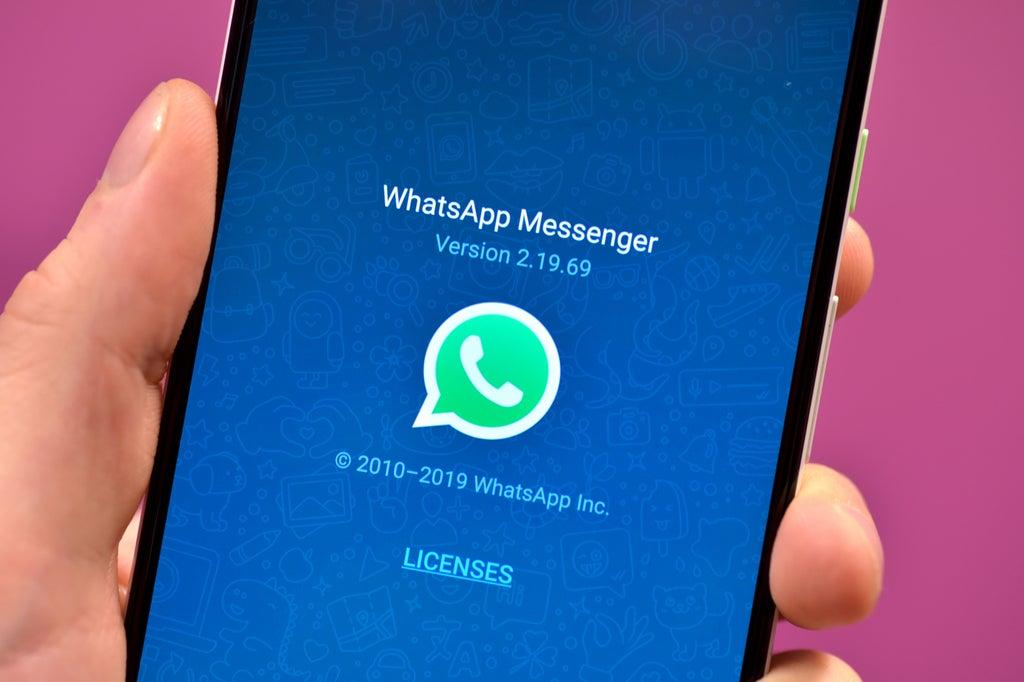Aussie hackers warned against Russian ops | Goulburn Post
news, national
Australian hackers who take the fight to Russia from home soil could find themselves in legal jeopardy. Global hackers collective Anonymous swiftly declared cyber war on Moscow last month when Vladimir Putin invaded Ukraine. And the so called hacktivists have claimed some successes not just against the Kremlin but also the Russian defence department and space agency. Common methods include defacing websites, accessing and stealing information or forcing target sites and networks into shutdown by flooding them with data. Under Australian law, however, such hacking and denial of service attacks are offences. Drafted to crack down on the most vile cyber criminals, including those sharing child exploitation material and using computers and networks for fraud, money laundering and identity theft, the statutes also cover hackers. There are specific commonwealth “computer offences” relating to hacking data and interfering in electronic communications. “People undertaking cybercrime activities from Australia, such as hacking against a foreign government entity, may be committing an offence,” a Home Affairs spokesperson told AAP. The maximum penalty for unauthorised access to, or modification of, restricted data is two years’ imprisonment, while unauthorised impairment of electronic communication could earn 10 years in jail. Ukraine wanted a blackout for Russia from core parts of the internet. But after an official request, the global body in charge of the domain name system, the Internet Corporation for Assigned Names and Numbers, has refused to act against Russian websites. Responding to Ukraine Vice Prime Minister Mykhailo Fedorov, ICANN says its mission does not extend to punitive action, issuing sanctions or restricting access – regardless of the provocation. Instead, it has allocated an initial $A1.4 million to support internet access for users within Ukraine. Board Chair Maarten Botterman says ICANN stands for a single, global and neutral Internet that serves all in exercising fundamental human rights, including to seek, receive and impart information and ideas. “This is especially critical when timely access to information and communication may be life saving,” he…


